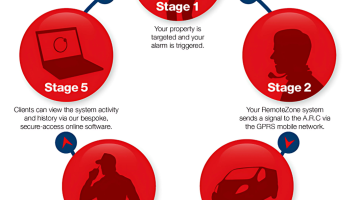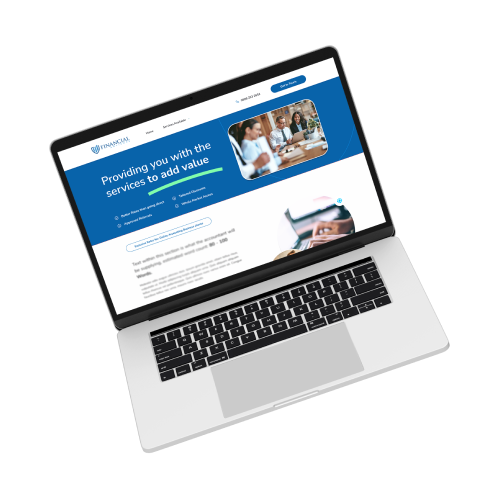
Date: 15/05/2022 | Written By: Karl Hodson
Businesses across industries must consider the risks they’re potentially exposing themselves to when investing in foreign markets.
There can often be huge potential for growth and profits to be made through investing in global markets, but currency fluctuations should always be considered, and currency risks need to be offset as much as possible if those opportunities are to be maximised.
The fundamental means through which a business will aim to offset those downside risks is by hedging the investments they’re making to minimise their exposure to losses caused by fluctuations in FX rates which can be done in a variety of ways.
Sometimes referred to as a currency forward, a forward contract gives businesses the chance to acquire currencies on an agreed future date based on a pre-agreed rate and specified terms.
In essence, a forward contract allows companies to lock-in an FX exchange rate for a period of time and to proceed with a potentially valuable degree of clarity about what their exposures are in the context of the associated investments.
On the other hand, it is worth noting that with forward contracts, a company would not be able to benefit from any changes in currency exchange rates that would ordinarily have benefited them because they’re committed to the terms of whatever payment deal they’ve initially struck.
FX orders function in a variety of different ways but are designed essentially as mechanisms that allow businesses to automate certain actions relating to foreign currency exchanges in response to increases or decreases in a currency’s value.
Some FX orders specify that a currency should be traded on behalf of a client in the event of a currency reaching a certain value. The ordering process relieves companies of the responsibility for constantly tracking currency values and FX fluctuations.
Among the most basic ways in which a business can aim to reduce their risk in the context of FX markets is by securing the right to exchange currency at a specific rate at an agreed-upon moment in the future.
This can provide some valuable peace of mind in many situations and companies can usually access an option to carry out a currency exchange in the future which naturally affords some worthwhile flexibility.
Businesses can offset the risks associated with investing and trading in foreign currencies by establishing operations in different countries and functioning across different geographies. However, if there is a need for your business to exchange significant sums of money from one currency to another, then hedging options like those outlined above can be invaluable.
This is particularly true in times of geopolitical turbulence or uncertainty when currencies will significantly vary in value. In any case, it is always worth getting solid advice from relevant experts on FX markets and hedging solutions if you want to tailor your approach and match up your risk appetite.
Keep up to date with the latest news, updates, expert opinions and events specifically for Advisers.




Interested to understand how Practice Portfolio could benefit you and your clients?
